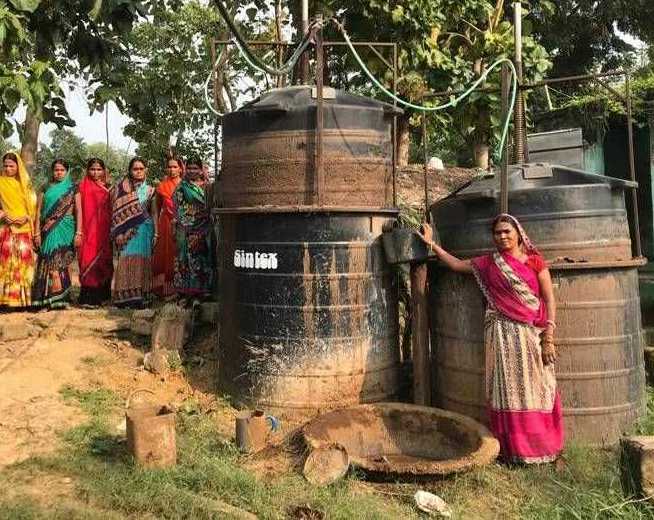Deciphering Sustainability: Biogas Offers Holistic Solution to Global Biodegradable Waste Challenge
Related Articles
That ‘Legal Robbery’ We All Pretend Not to See?
In 2017-18, I did something that surprised even myself. I spray-painted 3 words on a public wall: #TaxationIsTheft. The media covered it, and surprisingly,...
The Epstein Files Reveal Nothing New—Except How Little We Actually Care
There's a particular kind of nausea that comes from reading the Epstein files. Not just from the allegations themselves—though those are stomach-turning enough—but from...
Carbon-Conscious Design: How Interiors Can Reduce a Company’s Environmental Footprint
As organisations intensify their climate commitments, sustainability conversations often focus on renewable energy, carbon offsets, or long-term infrastructure changes. Yet one of the most...



 Abhijeet serves as Director of Operations at the Indian Biogas Association. He possesses over two decades of experience spanning diverse sectors including Pharma, Petrochemical, Utilities, and Automation, and brings with him a wealth of expertise in production, process operations, strategy, and planning.
Abhijeet serves as Director of Operations at the Indian Biogas Association. He possesses over two decades of experience spanning diverse sectors including Pharma, Petrochemical, Utilities, and Automation, and brings with him a wealth of expertise in production, process operations, strategy, and planning.